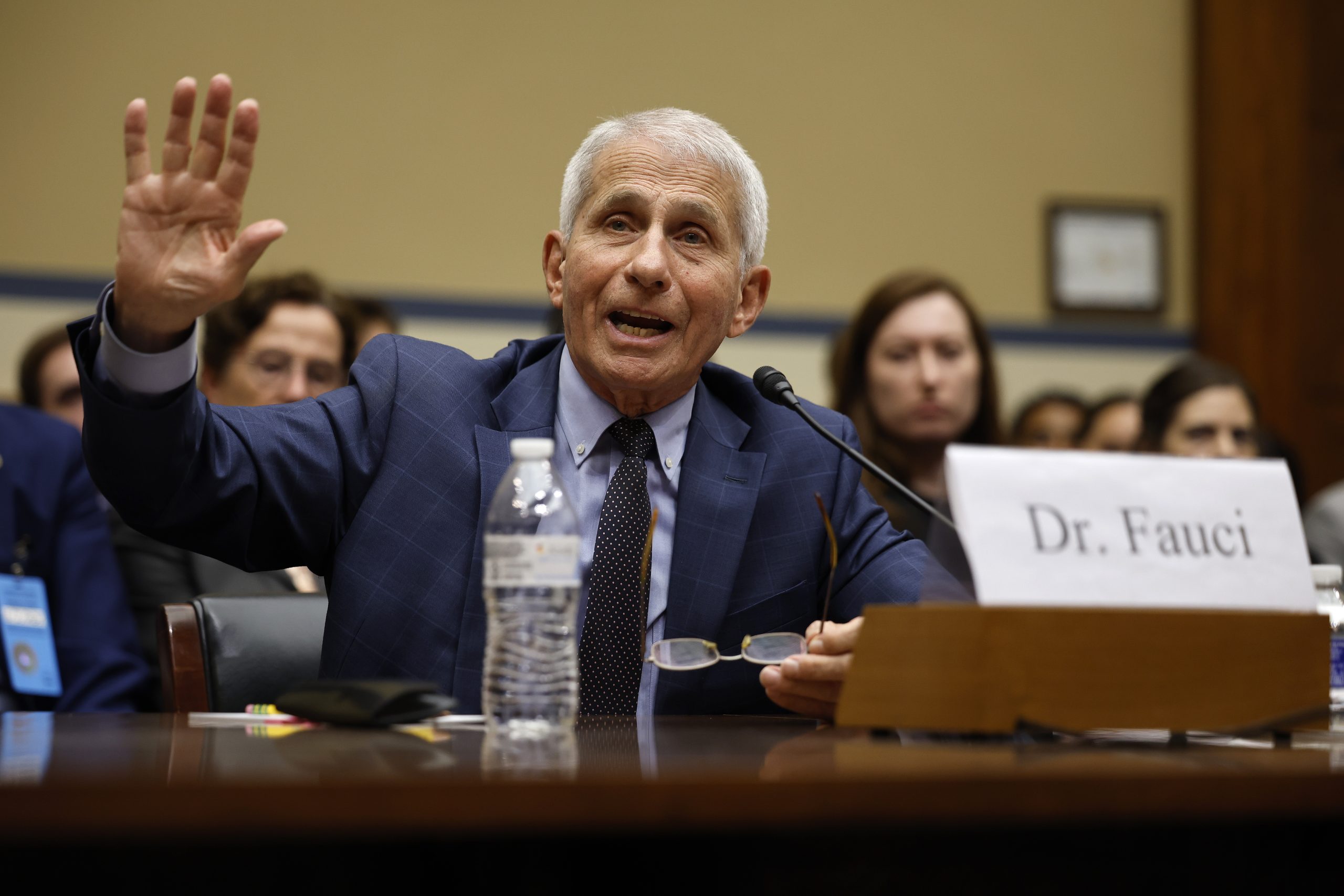
About fifty pages into his autobiography, On Call: A Doctor’s Journey in Public Service (Viking), Dr. Anthony Fauci, former head of the National Institute of Allergy and Infectious Diseases (NIAID), recounts a moment of profound realization during the early days of the AIDS epidemic. Fauci and his colleagues understood the scale of the epidemic was much larger than initially thought: “Thousands and thousands of people had been getting infected before we knew that the disease existed, and they were passing the infections on to others long before they showed symptoms of the disease itself.” As the government response to the epidemic came under intense scrutiny, Fauci found himself labeled a murderer.
Set in 1985, the memoir reflects on the early days of AIDS when a new blood test for HIV was available, revealing that for each person suffering from AIDS, more than seven others were infected but asymptomatic.
Fauci’s career, which would have been remarkable even without the COVID-19 pandemic, became a lightning rod for controversy during the crisis. Describing himself as “a political lightning rod—a figure who represents hope to many and evil to some,” he was previously honored with the Presidential Medal of Freedom by George W. Bush in 2008. However, he faced accusations of deceit, misinformation, and being responsible for countless deaths. Despite this, his memoir spends significant time on events prior to the pandemic, with AIDS receiving more coverage than COVID-19.
The book challenges readers to view Fauci’s career in its entirety, from his medical training to his retirement. During a recent House Select Subcommittee hearing, Republican Marjorie Taylor Greene addressed him as “Mr. Fauci” and called for his license to be revoked and him to be imprisoned. Fauci’s memoir argues against such extreme critiques, emphasizing his dedication as a physician.
On Call also draws parallels between the two major public-health crises of Fauci’s career. Both crises involved asymptomatic infections, a rush for tests and treatments, public-information campaigns, and vaccine development—miraculously swift for COVID-19 but still unfulfilled for HIV. Each crisis brought intense criticism from different quarters: AIDS activists in the past and anti-vaxxers, anti-maskers, populist Republicans, and conspiracy theorists more recently.
The title On Call reflects Fauci’s view of medicine as a calling, tracing its roots to his upbringing in Brooklyn. His father, a pharmacist, and his family’s commitment to helping others deeply influenced him. Fauci’s education, first at Catholic schools and then at elite institutions like Regis High School and Holy Cross College, reinforced his dedication to public service.
Joining the NIH in 1968, Fauci made significant contributions to treating autoimmune disorders and later HIV/AIDS. Despite being a frequent target of criticism from AIDS activists, Fauci engaged with them and adjusted his policies, leading to innovations like the “parallel track” for drug testing.
Fauci’s commitment to his work, even when offered more administrative roles, is evident throughout his career. He understood the political dynamics of Washington, including the need to navigate press and public pressures while maintaining scientific integrity. His relationships with both Republican and Democratic administrations showcase his bipartisan appeal and dedication to public health.
In On Call, Fauci’s reflections on his tenure offer insight into his experiences and challenges, from his early days at NIAID to his experiences during the COVID-19 pandemic.